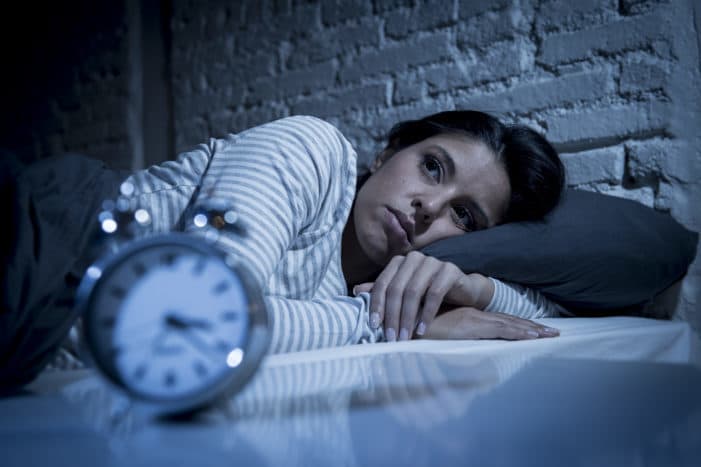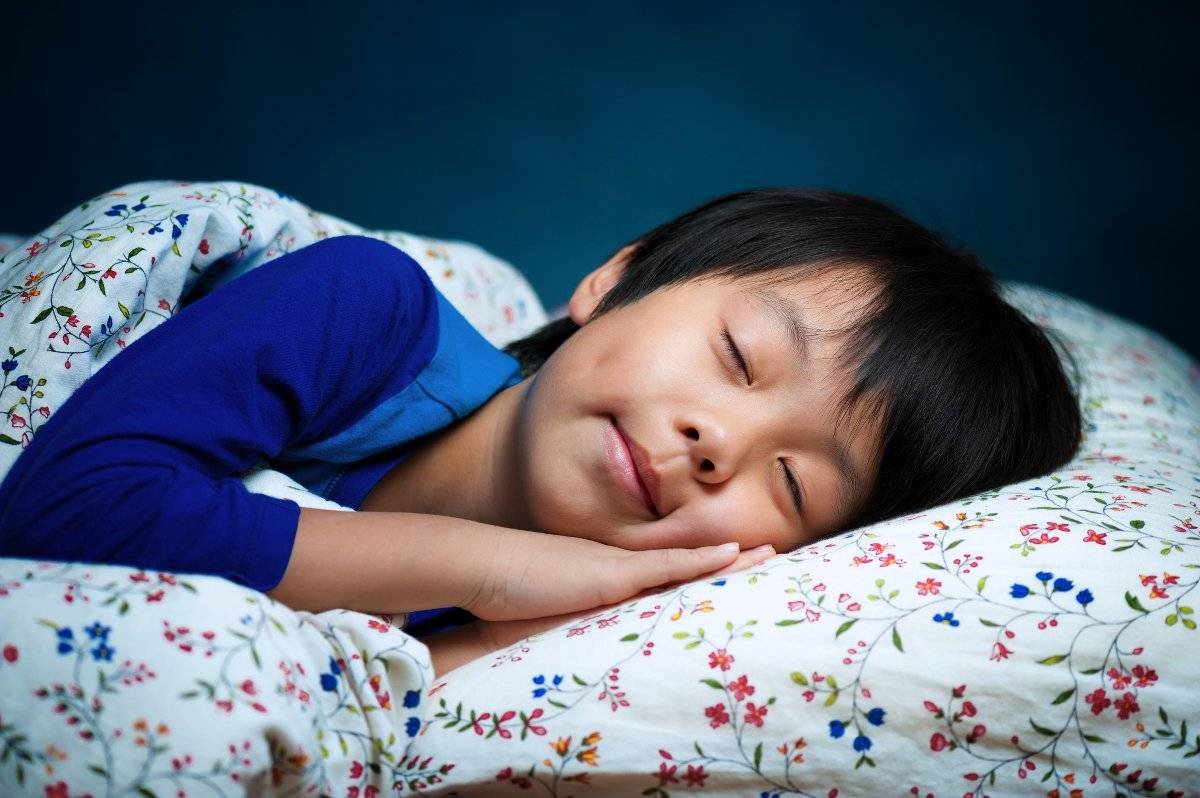Contents:
- Medical Video: I have a mental illness, let me die - BBC Stories
- The most common mental problems of college children
- 1. Depression
- 2. Anxiety disorders
- 3. Eating disorders
- 4. hurt yourself
- 5. Alcohol and drug abuse
- 6. Insomnia
- 7. ADHD
Medical Video: I have a mental illness, let me die - BBC Stories
The world of lectures is a transition period that requires someone to start living independently and can manage everything on their own, especially if you have to stay away from your parents. Heavy stress received during this period, both in terms of academic and social demands, can affect the mental well-being of a student. Quoted from Everyday Health, research shows that 27 percent of college kids have mental problems. What are the most common mental problems for college children?
The most common mental problems of college children
1. Depression
According to the American Psychological Association, cases of depression in college children have increased by as much as 10 percent over the past 10 years. Left and untreated depression can lead to the risk of suicide. In America even suicide is the second leading cause of death for students. There are more than a thousand suicides committed by students each year.
Not only in America, even suicides carried out by Indonesian students are also quite a lot. One of them was done by a student from Bandung who ended his life because he was pressured by college assignments.
Therefore, a way to prevent depression that can be done is to always talk about various personal problems and lectures with friends you trust. This is done so that you do not feel alone and can exchange ideas when problems come.
2. Anxiety disorders
Anxiety disorders are excessive anxiety experienced by someone with intensity that is often enough that it is not uncommon to disturb daily activities. Anxiety disorders consist of several types such as social anxiety disorders, panic disorders, phobias of certain things, and general anxiety disorders. One of the symptoms of anxiety disorder that is quite serious is that the stress is quite extreme and excessive worry that disturbs your ability to function normally.
Research shows that around 75 percent of people who have anxiety disorders generally show various symptoms before entering the age of 22 years. Even the latest research conducted on students in America states that 80 percent of students state frequent stress and 13 percent have been diagnosed with mental illnesses such as depression and anxiety disorders.
If you experience various symptoms of anxiety disorders such as anxiety, increased heart rate, trembling, and difficulty controlling fear and anxiety, then immediately go to the campus health center. You can also consult your parents immediately to be able to go to the therapist if needed.
3. Eating disorders
Various eating disorders such as anorexia, bulimia, and binge eating (eating uncontrolled) is a mental illness that is common in college children. Generally, stress due to a series of tasks that accumulate and stay away from parents can trigger symptoms of eating disorders.
A survey conducted by the National Eating Disorders Screening Program states that about 62 percent of women in college have abnormal eating patterns that can trigger eating disorders.
For this reason, if you feel you have an abnormal eating pattern such as eating a lot but spit back or don't want to eat because you feel guilty if you eat a lot or eat a lot and are out of control then ask for help from the closest people to monitor and control you.
4. hurt yourself
Harmful and self-injurious behavior in some parts of the body that is not generally seen as a behavior is carried out in response to enormous stress and pressure. Slashing your arm using a razor blade, banging your head, and deliberately not eating is a way to distract yourself from stressful things and trauma.
Although some people are aware that this action is harmful to themselves and wrong, many also do not realize that hurting themselves is not the best way to manage the emotions they are feeling.
A survey conducted by Cornell researchers and Princeton University found that around 20 percent of students and 14 percent of students had done various things aimed at hurting themselves. Unfortunately, only less than 7 percent ask for help from the closest person.
Therefore, if you start thinking about hurting yourself, try to find help from your closest friends and parents. Don't let these negative thoughts control you to end up hurting yourself.
5. Alcohol and drug abuse
Alcohol is included in the substance most often misused by students. Alcohol abuse, illegal drugs, and prescription drugs (sedatives) are the main problems which ultimately contribute to accidents and sexual abuse among students.
Excessive pressure on the world of lectures can make students vent themselves to things that make them temporarily calm such as alcohol and drugs.
6. Insomnia
Although not classified as a mental illness, insomnia can be one of the symptoms of various mental problems such as depression and anxiety disorders. Insomnia can also be a serious physical problem if done continuously.
Learning and doing assignments until midnight, waking up early to attend classes, and a myriad of activities in the organization can make students experience insomnia and lack of sleep. To overcome this, you need to have a fairly strict sleep rule and avoid various stimulants such as caffeine and nicotine.
7. ADHD
Attention deficit hyperactivity disorder (ADHD) is a supposition that occurs in the brain, this is characterized by inattention and / or hyperactivity and impulsivity which disrupts brain function and development. Generally, this condition will appear before the lecture period.
However, many people can hide or control their symptoms in high schools. Well, when college demands and pressure will increase, so the symptoms of ADHD will be increasingly difficult to control. Therefore, research shows that around 4 to 5 percent of students are thought to experience learning disorders.
These various mental illnesses need to be addressed immediately at the onset of their appearance. Because the severity of the condition will not only interfere with academic performance but also have a negative impact on mental health in a prolonged manner.



















